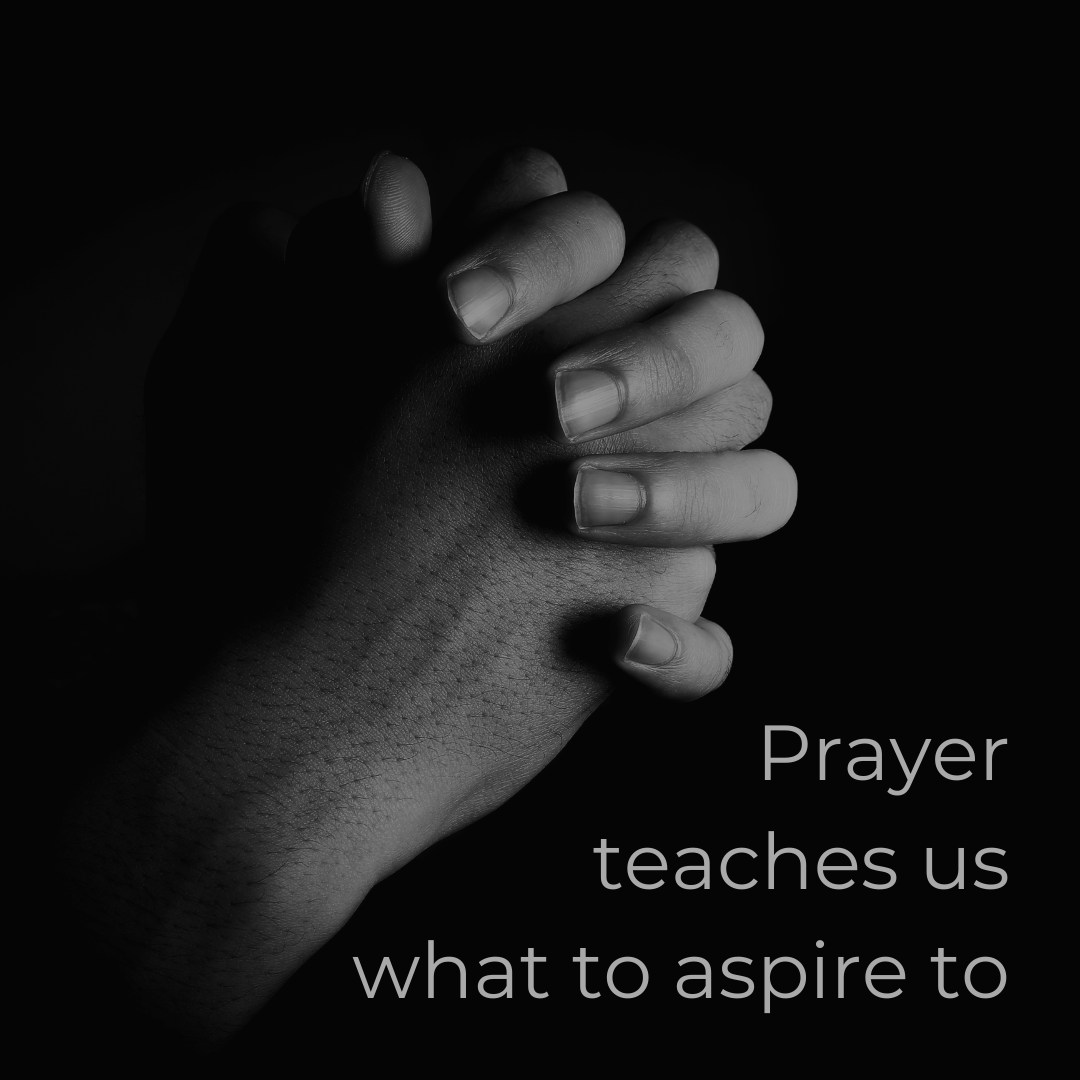
Prayer teaches us what to aspire to.
— Rabbi Abraham Joshua Heschel
When Newsweek published a book review about Shelby Foote's exhaustive three-part historical epic on the Civil War, the critic assigned the task, after acclaiming the work as splendid and moving, wrote: "One finishes Mr. Foote's volumes convinced that no one need undertake this particular enterprise again." Anyone familiar with the writing of Rabbi Abraham Joshua Heschel on the subject of prayer might feel a measure of the same sentiment.
Heschel was born in Poland in 1907. His father was a rabbi, and it was said that, when young Abraham was only five, Jewish scholars would come over, place the boy atop a table, and pepper him with questions on various passages from the Torah because they invariably found his answers surprising and amusing. By ten, an earnest student, Heschel had mastered many of the ancient Hebraic texts, yet also seemed to have a preternatural zest for life, often bursting into laughter the moment he met his friends on the street. In his teens, Heschel left Warsaw to pursue a secular education, then moved to Berlin to study religion and also science and philosophy. Arrested by the Gestapo in Frankfurt in 1938, he was deported back to Poland and barely escaped the Nazis as the war in Europe raged. The rest of his family was not so fortunate. His sister Esther was killed in a Luftwaffe bombing raid, his mother was murdered, and his two other sisters died in concentration camps.
Starting a new life in New York City in 1940, Heschel learned English and served as the professor of Jewish Ethics and Mysticism at the Jewish Theological Seminary. He married a concert pianist, raised a daughter, and in the sixties marched with Martin Luther King, Jr. in the Civil Rights Movement. He also authored a number of remarkable books during this period. Writing with unmatched facility, he always seemed to find "the right word not only to express what he thought, but to evoke what he felt," as one of his biographers later stated. Whether taking up a matter related to prayer, addressing the importance of the Sabbath, or mining another spiritual topic, what virtually all of Heschel's lively prose thematically addressed was how men and women should live given that we are, as he put it, "contemporaries of God."
Prayer in particular, Heschel wrote, is where "our souls mingle with the divine." And as such, we may either "dwell on the edge of mystery and ignore it, wasting our souls, risking our stake in God" or instead, with prayer, invite God "to intervene in our lives" and teach us "what to aspire to."
With COVID-19 waning but our attention drawn to the war and suffering in Ukraine and the risk that the violence there may escalate and spread, it seems sometimes like our world moves from peril to peril without regard to our ardent prayers. This feeling might even prompt us to ask if our supplications—whether related to the well-being of others, our own anxieties, or those we offer in grace on behalf of our enemies—really matter. Even if we're not inclined to ask that particular question, we may at least wonder how the act of offering our thoughts and requests to God might actually "work." Does it really effect change in a world full of intractable problems and clear and present dangers?
There is certainly a mystical aspect to the efficacy of prayer that resides in the realm of faith rather than reason, but even those with a disdain for any sort of deep religious conviction would agree that thinking of a thing—meditating upon it and considering its contours and the array of potential outcomes that might ensue if we apply our own energy and action upon it—is how we begin to articulate and make our first moves toward that to which we aspire. And while I share Heschel's belief that prayer, at its core, mysteriously expands the presence of God in the world, this understanding of prayer as something that teaches us what to aspire to is also a large part of what we're relying on as we pray for our brothers and sisters and the matters transpiring in Ukraine. That is to say, our prayers help us figure out how we might respond to it. Yes, we pray for God's intervention, but it seems God intervenes most commonly in our world today not by spellbinding miracles from the sky but from the ground, often from the rubble, with assistance and solutions first born of our thoughts offered in the form of prayer.
God — Surrendering now to silence, through my thoughts, teach me what to aspire to. Amen.
— Greg Funderburk





